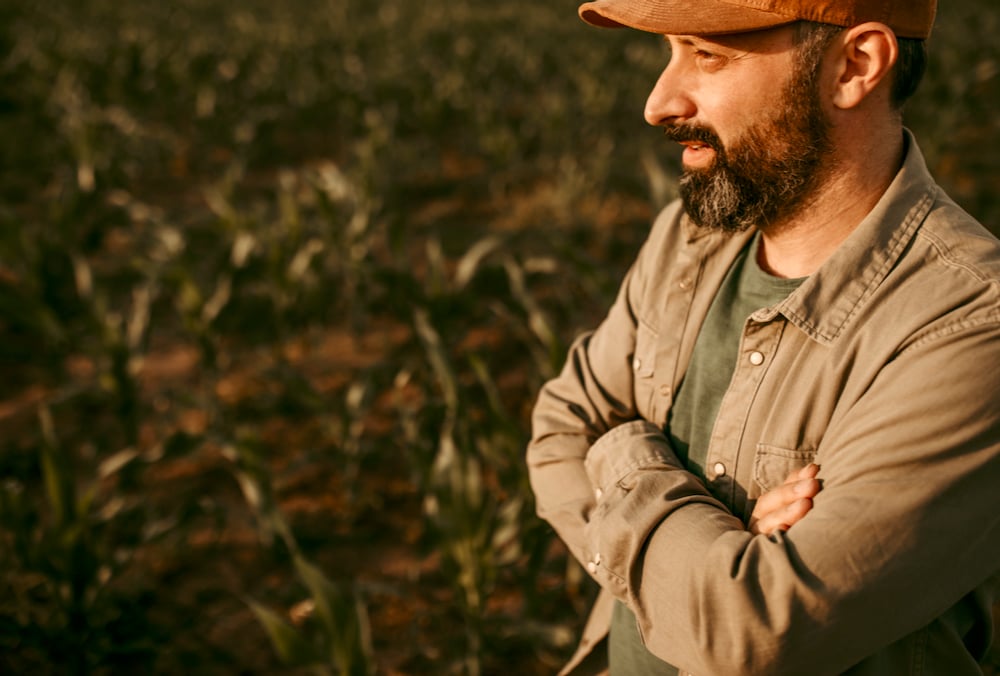“It’s been 10 years, and we still don’t have a plan.”
If this sounds like something you’ve said to yourself, have you also asked, “Why don’t we?”
Ten years talking about making a plan but still not having it written down, or not making any real changes in the way your farm operates, can be pretty frustrating.
Read Also

How scientists are using DNA and climate data to breed crops of the future
A method for forecasting how crops will perform in different environments so that plant breeders can quickly select the best parents for new, climate-resilient varieties.
Why do people put off important things?
Maybe it’s because you’re not sure about exactly what you need to do, or maybe you don’t know where to start.
So, let’s start right here, right now.
Think about your current situation. What’s the ideal outcome or end game? How closely is the “now” aligned with your future vision? How big is the gap from where you are to where you want to be? Assessing this gap can help you figure out at least one thing that can get you closer to your ideal outcome.
When we put things off, we are putting off the inevitable. The saying, “If you don’t make the plan someone will make it for you” comes to mind. Procrastination is one of the most self-sabotaging things we do to ourselves. But why? This brings us back to the root question: ask yourself why you are putting off your future plans.
- Is it fear of failure: Are you afraid of making the wrong decision about the future or saying the wrong things and starting a fight?
- Is it uncertainty around a decision: Do you have enough information (e.g., do you know who really wants to take over the farm)? Or maybe you’re not ready to retire and feel forced into it because you started the process.
- Is it perfectionism: Are you avoiding planning because you’re worried you won’t be good at talking about hard things?
- Is it a lack of motivation: Are you just not that excited about having tough discussions, so you keep putting them off?
To help you understand what keeps you stuck, ask why, over and over. In fact, ask yourself why five times. (See image below for an example.) The Five Whys of Root Cause Analysis is a big name for a quick, but valuable, exercise. Asking why progressively five times helps you unearth the root cause of a problem. This insight allows you to develop the details of a solution to that problem. You may be shocked at what you come up with during just a few minutes of introspection.

Now that you understand your procrastination triggers, look for your “purpose of planning,” i.e., what’s the real purpose for moving forward?
If you are more of an emotional person, look for purpose in feelings. Focus on the resulting feeling you will have as you work through the hard steps of the succession process. Also consider how do you want to feel? Maybe you want to feel accomplished, confident, competent, or simply at peace that you’ve got your ducks in a row. Building trust with yourself is the truest form of confidence. And confidence will help you take action.
If you are more of a logical person, the purpose will be more about protecting the business from risk and increasing profitability. In this case, focus on the results of potential actions. How will they improve the business operations and profits?
It also helps to reframe the way you look at planning. There’s a saying in the army, “Plans are worthless, but planning is everything.” A plan can always change but having the skills to be great at the act of planning makes your team more adaptable. Learning how to do the planning is how you come together to solve real issues and keep working toward your shared vision and achieving goals.
I frequently hear something else that often trips us up: “But I don’t know how to start the conversation.”
It’s a good idea to explore how other farms started their planning process.
Once, when my dad was speaking to clients who were unsure what to do as they worked their way through the succession process, he advised them “talk to every person who’s been through it and get as many perspectives as you can.”
So, how can you turn “10 years of talking” into one actionable step towards your goals?
Understand what your ideal situation is. Envision it. Then dig into what’s holding you back, the fears, the purpose, and how that purpose will benefit you, the farm, the family and your legacy.
Because doing something with a purpose greater than you will take you a lot further, a lot faster.
– Danielle Ranger is a family farm coach and farmer in north central Saskatchewan where they grow wheat, canola and oats.
















